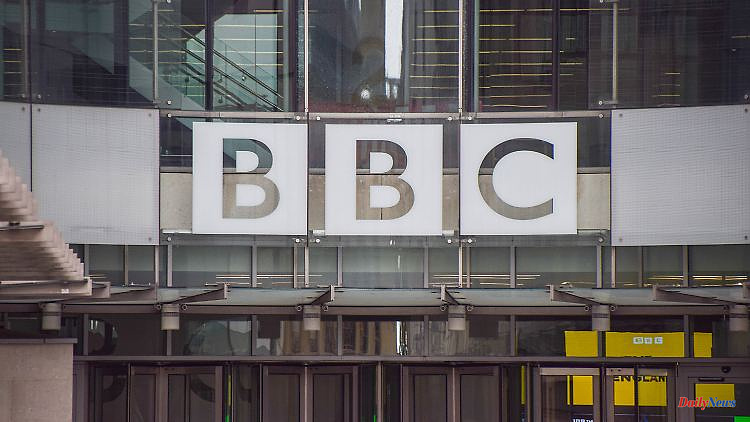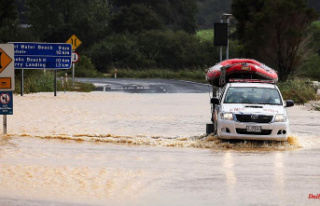In January, the BBC will take a closer look at Indian Prime Minister Modi's role in the Gujarat riots in a documentary. Several offices in New Delhi and Mumbai are now being searched. Experts have long seen the freedom of the press in India in danger.
Several weeks after the broadcast of a documentary film critical of Indian Prime Minister Narendra Modi, tax investigators have raided the BBC's offices in New Delhi and Mumbai. The Income Tax Authority is conducting a raid and confiscating "all the phones," a BBC journalist told AFP. A BBC employee in Mumbai confirmed a raid on the office there as well. In New Delhi, police prevented hundreds of people from entering and exiting the BBC offices in the center of the capital, AFP journalists reported.
A government official confirmed that the government operates at the office. The income tax authority could not immediately be reached for comment. Last month, the BBC aired a two-part documentary concluding that Modi, as Gujarat state premier in 2002, ordered police to turn a blind eye to deadly clashes between Hindus and Muslims. At least 1,000 people died in the riots, most of them Muslims.
After the documentary was released, the Indian government blocked videos and tweets with links to the film. Shortly after its publication, government adviser Kanchan Gupta labeled it "enemy propaganda" and "garbage". Despite the ban, student groups organized secret performances, prompting the police to arrest two dozen students.
According to activists, freedom of the press in India has come under increasing pressure since Modi took office in 2014. In Reporters Without Borders' world press freedom rankings, India slipped ten places to 150th out of 180 in 2022.












